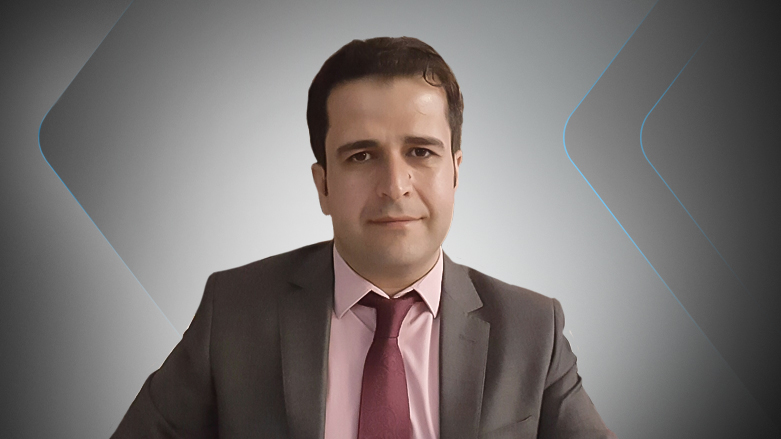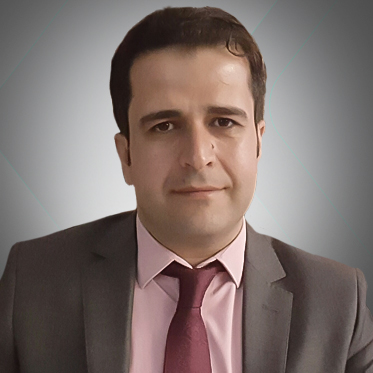One way to end uncertainty in Kirkuk, hold long overdue referendum

The Kurds have long considered Kirkuk their Jerusalem. The diverse city has a clear Kurdish identity, notably with the area already under the de facto control of the Kurdistan Regional Government (KRG).
The uproar over the decision of the Kirkuk Provincial Council to hoist the Kurdistan flag alongside the Iraqi one over state institutions ignores the reality and aims at creating a political commotion.
The objections raised by Turkmen, Baghdad, the Turkish government, and even the United Nations (UN) take a narrow view of proceedings.
Firstly, in a deliberate attempt to change the demographic make-up of the area, including governorate boundaries, thousands of Kurds were forcibly evicted from their homes as part of Saddam Hussein’s infamous Arabisation campaign.
Why would Hussein have gone to extreme lengths to Arabise the city if the Kurds did not constitute a majority? Moreover, the same parties that object to the raising of the Kurdistan flag choose to ignore the injustices committed against the Kurds. Instead, they turn the tables by accusing the Kurds of creating instability.
When the Kurds returned to their ancestral homes, the addressing of Hussein’s atrocities was overlooked, and the Kurds were accused of changing the demographic make-up of the city.
Secondly, after Hussein, the protracted and difficult negotiations between Erbil and Baghdad centered on disputed territories.
Throughout those negotiations, which led to the eventual formation of the Iraqi constitution, the Kurds had a clear stance on Kirkuk, leading to Article 140 of the Iraqi constitution that provided a clear roadmap for the resolution of all disputed territories.
Almost 10 years after a referendum that should have been held after a process of normalization, no vote was in sight. The Kurds are now accused of taking illegal and unconstitutional measures, yet why did Baghdad fail to implement a key article of the constitution?
If Turkey, regional actors, and the UN, or any other party, wishes to provide an impartial intercession to support stability, then they should have pressured Iraq to oblige by its constitution.
In short, Baghdad dragged its heel on Article 140, fully mindful any referendum would only rubber-stamp the return of Kirkuk to the KRG.
Lastly, Kirkuk has always been a multi-ethnic and multi-cultural city. Its inhabitants have lived side by side peacefully for decades. Hoisting the Kurdistan flag merely symbolizes the Kurdish majority component and Kurdish identity of Kirkuk. It doesn’t imply the Kurds have chosen to ignore Turkmen, Arabs, or Christians, or have denied their rights.
In the same way, Mosul has an Arab majority, but with a significant Kurdish population, it doesn’t mean Kurds object to Iraqi flags raised across the city.
Kirkuk Governor Najmaldin Karim recently stated, “We tell those who want to instigate chaos: this flag is that of the Arabs and Turkmen, as well as the Kurds. It is the flag of Kurdistan which is a place for everyone.”
When the Iraqi army fled in the aftermath of an Islamic State (IS) onslaught in 2014, and the Peshmerga provided great sacrifices to protect Kirkuk, they didn’t just defend the Kurds, they defended all of its inhabitants. Who else would have protected the Turkmen and Arabs against the atrocities of IS?
Kurdistan Region President Masoud Barzani defended the raising of the flag as a legal and standard measure. Pointing to the fact the flag had been present since 2003, and especially after the IS crisis in 2014, Barzani underlined in a statement, “It was the same flag that protected Kirkuk from the threat and attacks of terrorists.”
Meanwhile, according to Kurdistan Region Prime Minister Nechirvan Barzani, the recent actions of the Kirkuk governorate would strengthen peace and co-existence.
“In a complete conflict like that in Iraq, the KRG and Kirkuk governorate have shown a great example of coexistence and keeping their areas from tensions and sectarian fighting,” the PM stressed.
As Karim and Kurdish leaders defended the move as constitutional, it came under a barrage of criticism and warnings.
A statement from Turkey’s Ministry of Foreign Affairs warned against any “unilateral act that would jeopardize the reconciliation and stabilization efforts in the country.”
Arshad Salihi, the leader of the Iraqi Turkmen Front (ITF), claimed that “Kirkuk is a fire that if ignited will burn everyone.”
The United Nations Assistance Mission for Iraq (UNAMI) issued its warning “against any unilateral steps that might jeopardize harmony and peaceful coexistence.”
Karim, in a defiant message, insisted they would not be bound by the Iraqi parliament’s vote that only the Iraqi flag should fly over Kirkuk.
As for Turkey, Kirkuk was long a “red line,” but times have changed, and rhetoric aside, Ankara accepts Kurdish rule of Kirkuk that gives the Turks a strategic advantage via its warm relations with the KRG.
Either way, the time of opinion and meddling has long passed. If any side truly wants a peaceful and legal resolution on Kirkuk, then it’s time to hold the long overdue referendum.
Bashdar Pusho Ismaeel is a London-based freelance writer and analyst whose primary focus and expertise is on the Kurds, Iraq, and current Middle Eastern affairs.
The views expressed in this article are those of the author and do not necessarily reflect the position of Kurdistan24.
Editing by Karzan Sulaivany
